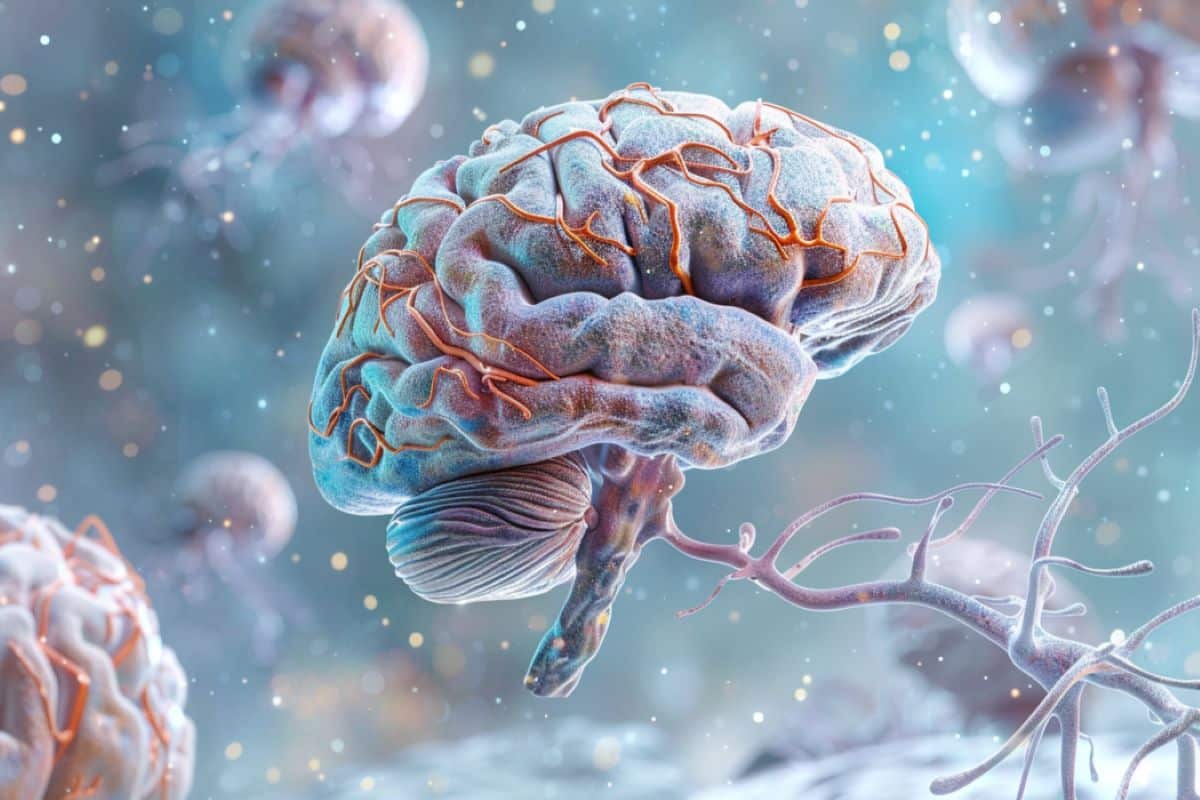5 Things You Should Never Reveal Too Early in a Relationship, According to Psychology
I understand you. You want to be in a relationship where you can reveal absolutely everything to your partner and still be completely loved. I want that too! But you can also share too much and too quickly. Before you raise an eyebrow, hear me out. You are not withholding information to manipulate or “seduce” … Read more








